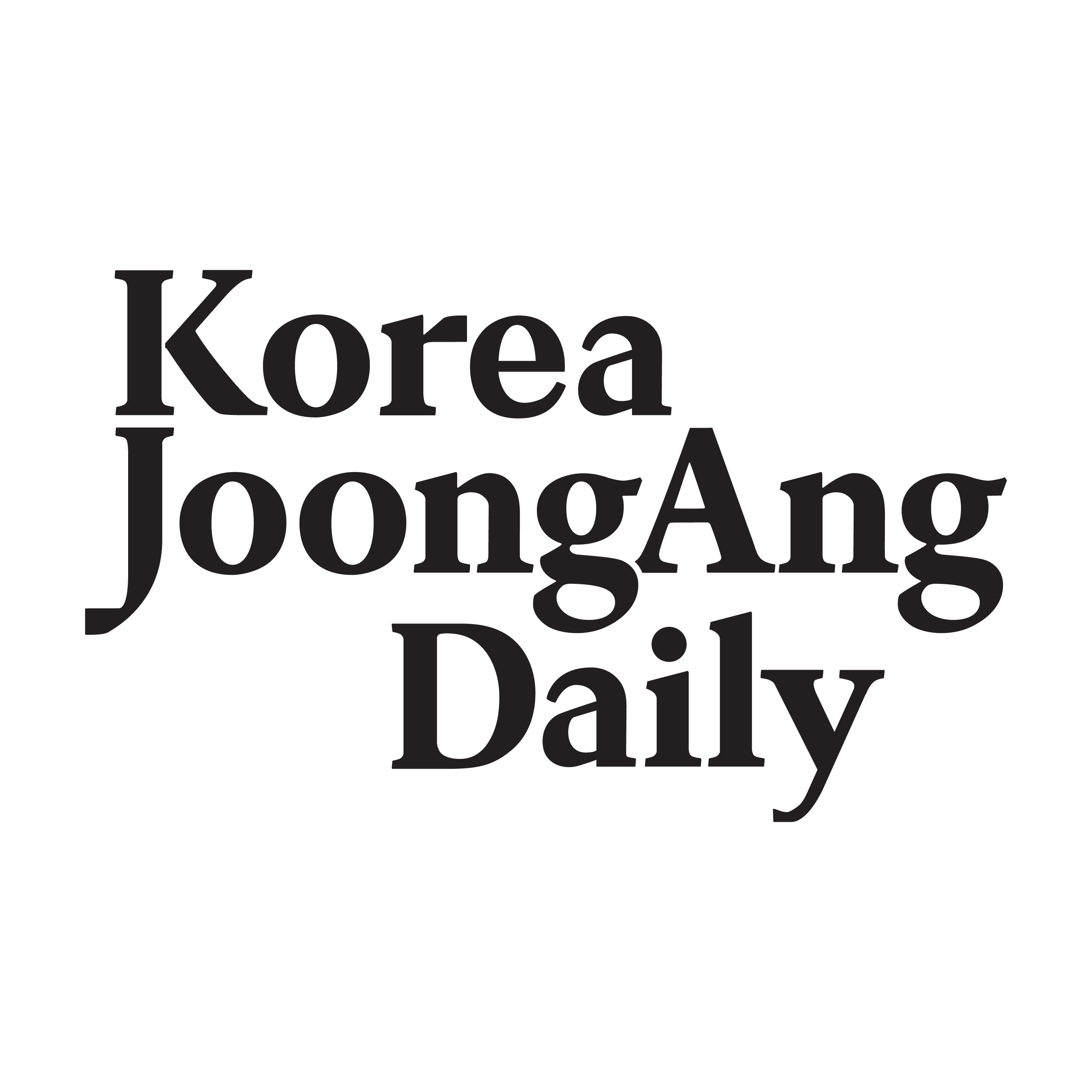Listen "Samsung, Hyundai to invest $400B at home as Korea-U.S. trade deal sparks outflow concerns"
Episode Synopsis
This article is by Sarah Chea and read by an artificial voice.
Samsung pledged to invest 450 trillion won ($310 billion) in Korea over five years to sharply expand its chip manufacturing capacity as President Lee Jae Myung voiced concerns that an intensified focus on U.S. investment could come at the expense of domestic spending under the recently concluded tariff deal with Washington.
The chipmaker also began structural construction of its P5 plant in Pyeongtaek, Gyeonggi, which has been on hold since 2024 due to a market downturn, with mass production set to begin in 2028.
Lee held a meeting with the chiefs of seven major conglomerates on Sunday afternoon to address follow-up measures to the tariff deal negotiations, under which Korea promised a $350 billion investment package in exchange for lower "reciprocal" tariffs of 15 percent on most exports to the United States.
"It appears we have negotiated well. Yet concerns remain that a surge in U.S.-focused investment could come at the expense of domestic spending. While decisions will be guided by prevailing economic conditions, I would hope that, under comparable circumstances, greater attention would be devoted to nurturing investment at home," Lee said during the meeting at the Yongsan presidential office in central Seoul on Sunday.
A significant portion of Samsung's investment will be directed toward Samsung SDS's large-scale AI data center in South Jeolla, where the company plans to secure 15,000 GPUs by 2028 and offer access to academia, startups and small- and medium-sized enterprises.
Samsung Electronics plans to intensify its focus on the AI data center market through the establishment of a local production line for FlaktGroup, Europe's largest heating, ventilation and air conditioning company, which it acquired in early November.
Samsung SDI is eying Ulsan for its first mass-production plant for solid-state batteries, dubbed dream batteries for their high energy density.
Samsung Display is set to commence full-scale production of its latest organic light-emitting diode for information technology applications next year, once construction of the facility at its Asan plant in South Chungcheong is complete.
"While the current economic climate remains challenging, we remain committed, as pledged last September, to hiring 60,000 people per year over the next five years," Samsung Electronics Executive Chairman Lee Jae-yong said during the meeting, adding that he will also "intensify efforts to invest in domestic facilities, including research and development [R&D]."
Hyundai Motor Group also unveiled its largest-ever five-year investment plan, pledging 125.2 trillion won in Korea through 2030, a dramatic increase compared to 89.1 trillion won from 2021 to 2025.
Roughly 50.5 trillion won will go into new businesses like AI, software-defined vehicles, robotics and hydrogen, while another 38.5 trillion won has been allocated to R&D for the existing mobility industry, and 36.2 trillion won for standard investment required for regular operations.
Hyundai was the biggest beneficiary of the recent tariff deal, as the cut in tariffs to 15 percent from 25 percent will trim the company's annual burden by roughly 4 trillion won, narrowing the disadvantage it had faced against major rivals such as Toyota Motor and Volkswagen.
Hyundai will also shoulder the full amount of U.S.-bound tariffs imposed on its primary parts suppliers this year by tacking the levies they incur while shipping components to Hyundai's U.S. plants directly onto the purchase price - an assistance program the company plans to extend to more than 5,000 secondary and tertiary vendors in the coming years.
"The centerpiece of the investment will focus on nurturing Korea's AI and robotics industries and advancing the green energy ecosystem, with a plan to build an AI data center for global competitiveness in physical-AI fields such as autonomous driving, autonomous manufacturing and robotics, and to construct a rob...
 ZARZA We are Zarza, the prestigious firm behind major projects in information technology.
ZARZA We are Zarza, the prestigious firm behind major projects in information technology.
